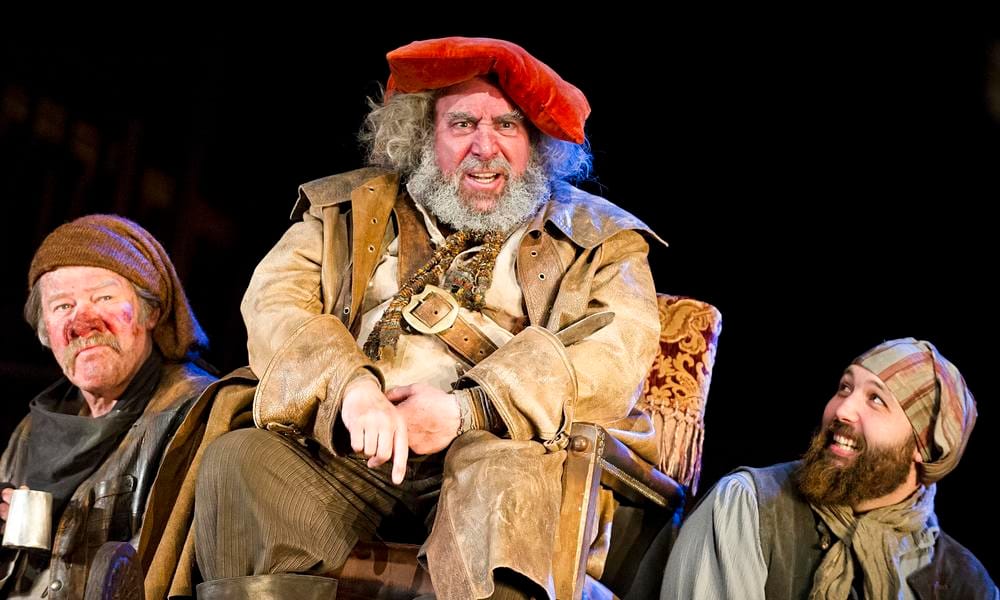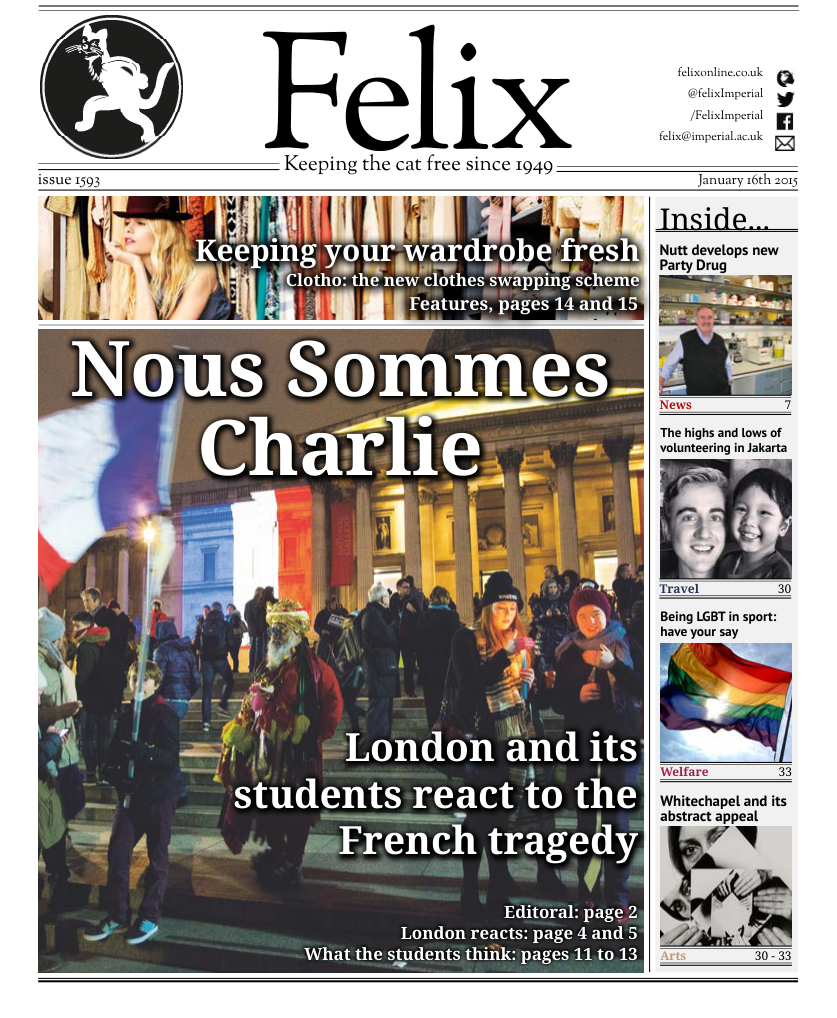A Tale of Two Halves from the RSC - Part I
Kamil McClelland reviews the Royal Shakespeare Company's production of Henry IV, Part I at the Barbican Centre

The Royal Shakespeare Company has shown once again that it defines how Shakespeare should be performed. Unusually at the Barbican as opposed to the Globe, the restraints of performing in the round were removed, opening up more options for staging and props. This allowed a realistic scene to be set, engrossing you more fully in this world of debauchery and rebellion.
I don’t usually find Shakespeare history plays all that exciting. Although just as excellent as his other pieces, they sometimes feel bound in their creativity by the need for at least some historical accuracy. And despite this somewhat being the case here later on, the performance showed that it needn’t be so; not for a second did I feel bored in this gripping portrayal of the king’s troubled life.
The play tells the story of newly crowned Henry IV and the many issues he faces, both personal and political. From the north comes opposition from the previous king’s elected heir, Edmund Mortimer, as well as from impulsive Harry ‘Hotspur’ Percy. On top of this, the king must deal with his depraved son Prince Hal and his band of miscreant friends from the taverns of Eastcheap. As opposition bubbles over into open rebellion, the king must try to reunite his fractured country as well as his fractured lineage.
The beauty of the language felt overpowered by clichéd sound effects of clashing swords and roaring armies
What makes Shakespeare plays so genius is of course the playwright’s phenomenal command of the English language. This was perfectly accentuated here by stellar acting performances, especially from lovingly and poetically inebriated Sir John Falstaff (Antony Sher). However, during battle scenes towards the end of the play, it unfortunately felt as if the dialogue took more of a back seat in place of too great an emphasis on dramatic stage fighting. Admittedly not entirely the fault of the production, the beauty of the language felt overpowered by clichéd sound effects of clashing swords and roaring armies. Scenes like this may have been better at the Globe, stripped back with a greater purity, where you cannot hide behind cheap sound effects and the lyrical mastery has space to soar.
Thus, I felt the production was generally extremely good, as one can always ensure with the Royal Shakespeare Company and their excellent troupe of actors. However, whilst the new setting had its upsides, some of the simple beauty of the Globe was muddled amongst distracting additions.





